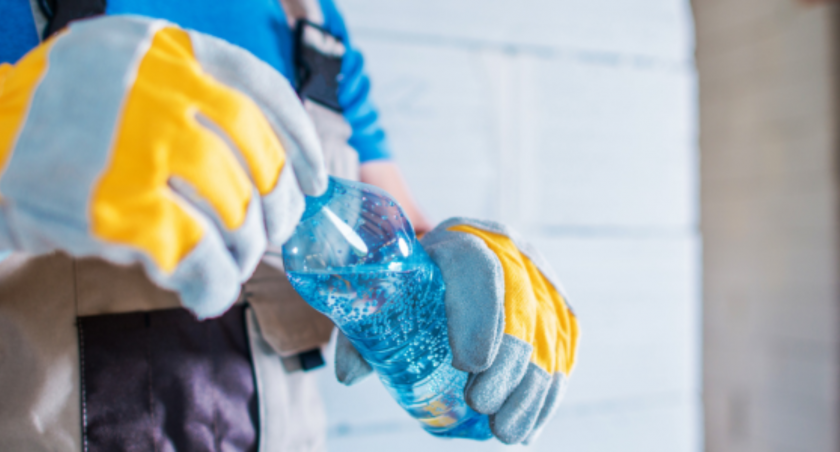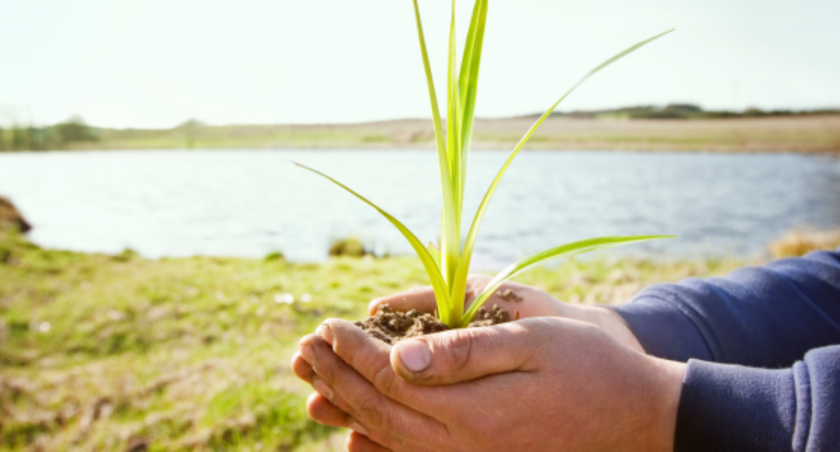
Why Hydration Matters Onsite
Your body depends on water for survival! Water helps deliver oxygen, nutrients, and also helps regulate body temperature and maintain fluid balance.
Whether you're working under the hot Australian sun or in cooler conditions, staying hydrated is essential. Dehydration can affect both your physical and mental performance, leading to reduced concentration, slower reaction times, and an increased risk of injury.
In extreme cases, dehydration can cause serious health issues such as heatstroke or exhaustion, which is why it's crucial to make hydration a habit throughout the day, not just when you're feeling thirsty.
How Electrolytes Can Help Keep You Hydrated
Electrolytes are simply minerals like sodium, potassium, magnesium, chloride, and calcium that help the body perform its essential functions.
For those who are very active or in extreme environments where your body is sweating, maintaining electrolyte balance is crucial for effective and peak performance. When electrolytes become imbalanced, your body will signal you with symptoms like stomach or muscle cramps, spasms, side stitches, and in more extreme cases, dizziness, fatigue, and nausea.
Don’t wait until you’re thirsty to hydrate, as that often means dehydration has already set in. Instead, sip on electrolyte-rich drinks throughout the day to stay balanced and refreshed. Most people prefer flavoured beverages over plain water, but be sure to choose those low in sugar and calories by checking the nutrition labels!

Practical Hydration Tips for Onsite Workers
Here are some simple ways to keep your hydration levels up while working onsite:
- Start your day with water: Kickstart your hydration by drinking a glass of water first thing in the morning. This sets you up for the day ahead and helps replenish fluids after a night's sleep.
- Carry a water bottle: Having a refillable water bottle with you ensures you can drink regularly throughout your shift.
- Choose hydrating foods: Snack on fruits and vegetables with high water content, such as cucumbers, oranges, and watermelons. These not only help keep you hydrated but also provide essential nutrients.
- Monitor your hydration levels: Check your A simple way to check if you're hydrated is by monitoring the colour of your urine – it should be light yellow or clear. Dark yellow urine is a sign that you need to drink more water.
- Avoid dehydrating beverages: Drinks like coffee, tea, and sugary soft drinks can have a dehydrating effect. Stick to water or electrolyte-replenishing fluids, especially during hot weather or strenuous tasks.
- Preparation: Hydration should be a long-term commitment. What you do today affects tomorrow, so if you know you'll be facing tough conditions, start hydrating and taking care of yourself days, or even weeks, in advance.

Accelerating Action for a Sustainable Water Future
Hydration onsite isn't just about keeping safe – it’s also part of a broader movement towards sustainable water use.
Water is a precious resource. By making small changes in how we use and conserve water, both at work and in our personal lives, we can contribute to a sustainable future.
Don't forget to turn the tap off!
